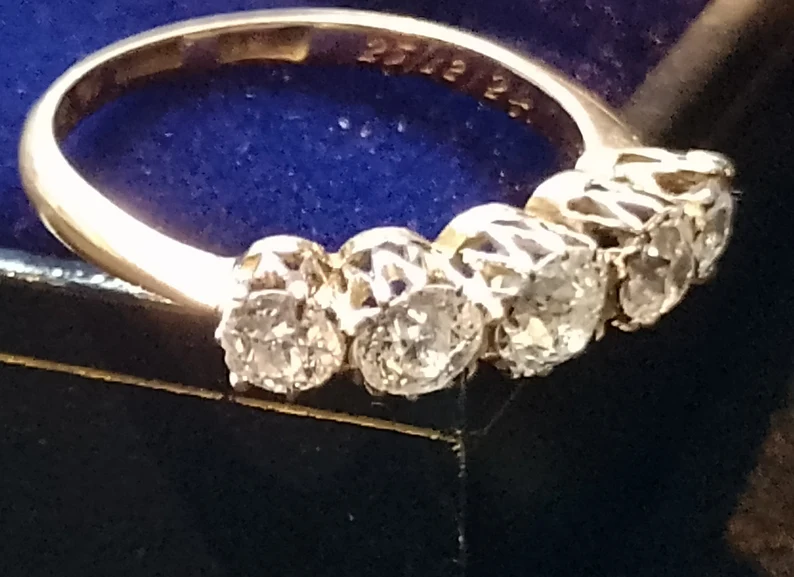Unlocking the Mysteries of Jewelry Valuation: The Art and Science Behind Appraisals
Introduction
Jewelry holds a special place in our lives, symbolizing love, beauty, and self-expression. Whether it’s an heirloom passed down through generations or a recent acquisition, understanding the value of your jewelry is essential. This is where jewelry valuation, a blend of art and science, comes into play. In this blog post, we delve into the intriguing world of jewelry valuation, exploring its significance, the appraisal process, and how to ensure your precious pieces are properly assessed.

1. The Significance of Jewelry Valuation
Jewelry valuation is crucial for various reasons:
- Insurance: Accurate valuations are essential for obtaining the right insurance coverage to protect your jewelry.
- Estate Planning: When passing down jewelry, knowing its value ensures fair distribution among heirs.
- Resale: If you ever decide to sell your jewelry, having an appraisal helps you understand its market worth.
2. The Appraisal Process
Jewelry appraisal is a meticulous process that involves both artistry and science:
- Examination: A trained appraiser examines the jewelry, assessing its quality, craftsmanship, and gemstone characteristics.
- Gemstone Identification: Gemstones are identified and graded based on the four Cs (carat weight, cut, color, and clarity).
- Metal Assessment: The metal’s purity, weight, and craftsmanship are evaluated.
- Market Research: Appraisers research current market trends and prices for similar items.
- Report: A detailed report is created, including photographs and a description of the item, along with its appraised value.
3. Types of Jewelry Valuations
There are different types of jewelry valuations, each serving a specific purpose:
- Insurance Appraisal: This type determines the replacement value of your jewelry in case of loss or damage.
- Estate Appraisal: Used for estate planning or tax purposes, it assesses the fair market value of jewelry.
- Resale Appraisal: If you intend to sell your jewelry, this appraisal estimates its market value.
4. Choosing a Qualified Appraiser
Selecting the right appraiser is crucial:
- Credentials: Look for a qualified and certified appraiser with expertise in jewelry.
- Experience: Experience in valuing similar items is essential for accuracy.
- Independence: Ensure the appraiser is independent and not affiliated with a jewelry store or buyer.
5. Keeping Appraisals Updated
Jewelry values can change over time due to market fluctuations or changes in condition. It’s advisable to update your appraisals every few years to ensure your coverage remains adequate.
6. Protecting Your Jewelry
After obtaining an accurate appraisal, it’s essential to protect your jewelry:
- Insurance: Secure proper insurance coverage based on the appraisal value.
- Safe Storage: Store your jewelry in a secure location, such as a safe or a bank vault.
- Regular Maintenance: Periodic cleaning and maintenance can help preserve your jewelry’s value.
Conclusion: Unveiling the True Worth
Jewelry valuation is more than assigning a monetary value; it’s about understanding the significance of your precious pieces. Whether you’re safeguarding your treasures for future generations or considering selling them, accurate appraisals unveil the true worth of your jewelry. It’s a blend of art and science that ensures your jewelry is properly valued and protected, allowing you to cherish its beauty and significance for years to come.
